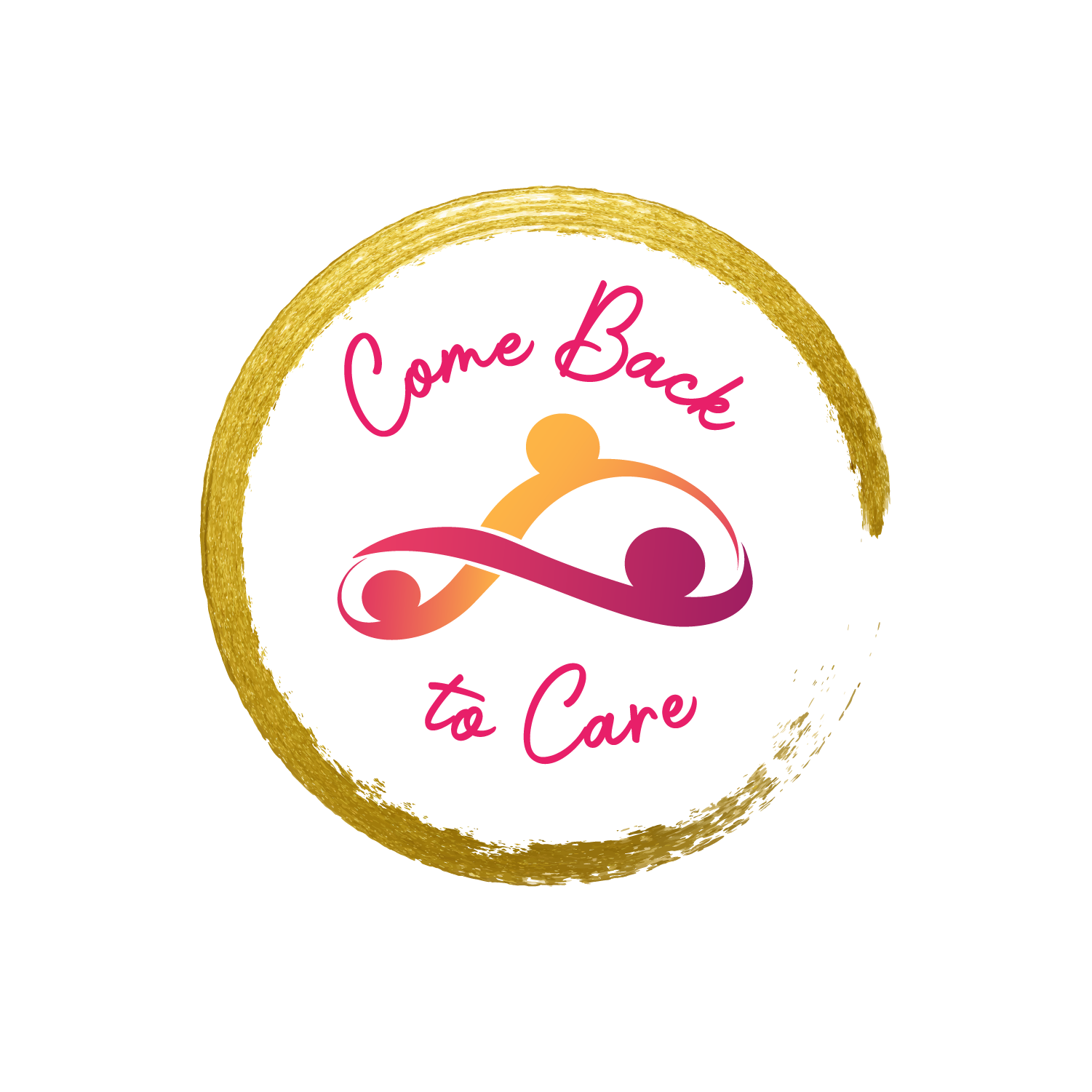[Podcast Deeper Dive] What Parents Can Learn from Performative Allyship & Performative Parenting
When we remove shame out of the equation, we can see that performative allyship & performative parenting are a good enough start.
That’s the heart of the message in Episode 5 of the Come Back to Care Podcast.
But let’s take a deeper dive, shall we?
I wanted to share one personal story and one child development theory to round out our discussion.
When I was working the streets in a transgender sex worker community back home in Thailand, I didn’t realize that how my fellow “werkers“ and I took care of one another was radical.
To me, it was what we had to do to survive…together.
Looking back I realized that what we did to survive together outside the systems and governmental support was, in fact, harm reduction and transformative justice.
We had a system to check in with one another to ensure safety. We had a go-to person we could go to for hormones, food, and even shelter.
We collaborated with local businesses to advocate for employment and to reduce gender-based violence.
Towards the end of my years in street economy, I dabbled into community organizing and advocacy. And I fell in love.
Well, more like self-righteously proud of myself for being able to channel my rage and angst to something good.
(Never a dull moments in my teenage years)
Driven by passion, hormones, and overly plugged eyebrows, I was motivated to do the right things for the community.
As you can imagine, I ended up hurting and harming those I loved and those I found hard to love along the way.
I was lucky enough to have a loving community who held me accountable so that I could repair the ruptures I unintentionally created. They also taught me how to get things done without burning the bridges…and how to draw bigger eyebrows.
I’ve practiced tempering my passion (or rage or liver Qi…same thing where I came from) by aligning my action with my values. That’s integrity, right?
I was so unskillful at community organizing and advocacy. Was I faking it until I made it? Oh, absolutely!
Political analyses was 4 out of 10. Tactics 5 out 10.
This experience has been so humbling to me.
Remembering what I did when I started out as a “performative ally,“I invite you to look at allies from the unskillful-skillful continuum instead of the good-bad binary.
Listen to the episode to get a full picture:
To deepen compassion for allies and yourself, I’d also love to share a theory of moral development with you.
Lawrence Kohlberg believed that there were 6 stages of moral development. Young children start showing what’s considered moral behavior because they are afraid of punishment, they want to be obedient to authority. Then they progress along the stages and show moral behaviors because they want approval and rewards for their good behaviors. Then, these adult children now enter the final stages of moral development where they do good because they truly believe in the rights and welfare of others.
With these stages, we can see that we start out pretty much at the performative level and then we grow our skills and capacities along the way. We don’t start out being some pure hearted Saint.
If you started out as a performative ally like I did over a decade ago, welcome to the party. I hope you can navigate around shame so that you can keep making mistakes and practicing…until your intention & action align. When that happens, I hope you keep making more mistakes and integrating the lessons.
I hope you plug yourself in a loving community where they hold you accountable to repair any ruptures you unintentionally create.
Our liberation needs all hands on deck.
In solidarity & sass,
Nat

